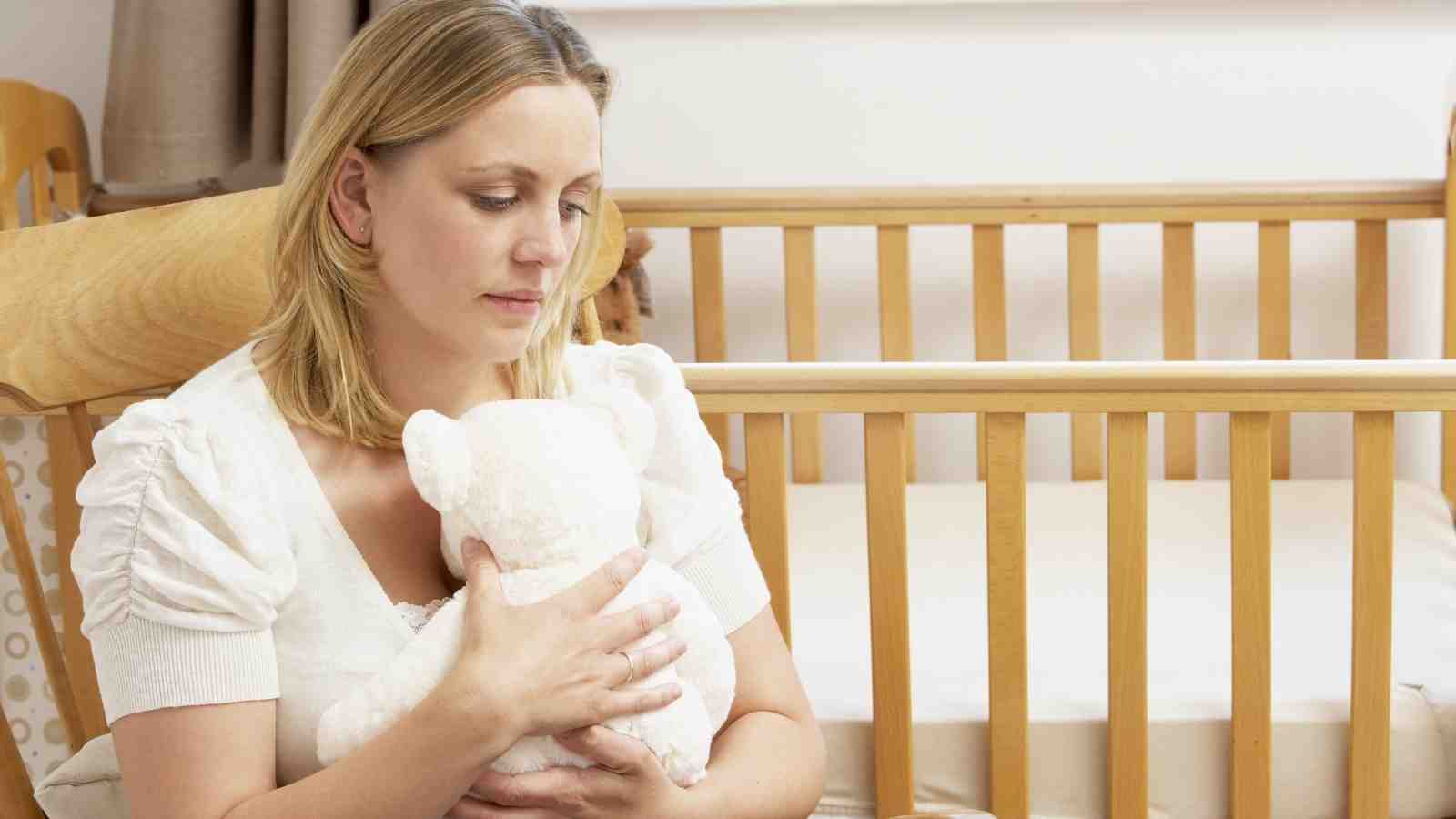THERE IS NO FOOT TOO SMALL THAT IT CANNOT LEAVE AN IMPRINT ON THIS WORLD.
Losing a child is probably the biggest loss someone has to deal with in life but what makes it worse is not even getting a chance to see your baby. Motherhood changes a woman’s life in every possible way and for the better but losing your chance at it by an inch can be devastating.
An unborn child does live inside the body of the mother but surely is carried by the father in his heart too and thus the pain is equally inflicted upon both the parents. And as if the loss of life is not painful enough, the collateral damage done, like health loss and the bad impact on the relationship too, walk in to make it much harder to deal with the situation.
While nothing can be done to bring back what’s gone, there are steps that can help you walk towards healing and recovery.
What Is A Miscarriage?
A miscarriage is when pregnancy gets terminated and the embryo or the fetus is expelled from the uterus before 20 weeks gestation. Abdominal cramping, back pain, and heavy bleeding can be the first few signs of a miscarriage. Depending on how far along the pregnancy was. The symptoms can stay for a few days or up to three to four weeks. If any of these signs appear, consult your doctor and she can help with the further steps that are to be followed.
Signs And Symptoms
The symptoms of a miscarriage are quite obvious but still can sometimes be considered normal problems during pregnancy, therefore extra attention needs to be paid. these include:
- heavy bleeding
- cramps
- abdominal pain
- back pain
- mucus discharge
- tissues looking like blood clots being discharged
- contractions
Common Causes For A Miscarriage
Being pregnant can make you worried about a miscarriage and you might want to know more about what all things can cause it.
A miscarriage can be caused by the following things:
- abnormal chromosomes
- medical conditions
- unhealthy lifestyle
- medications
- physical trauma
- food poisoning
Things that do not cause a miscarriage:
- exercise
- working
- sex
- air travel
- depression
How To Prevent A Miscarriage
Genetic abnormalities are the most common reason behind a miscarriage and unfortunately in this case it is inevitable.
A healthy lifestyle before and during pregnancy can help to prevent a miscarriage. here is a list of the things that can be done to avoid the worst:
- exercise regularly
- take a healthy and balanced diet
- avoid alcohol and smoking
- reduce caffeine intake
- manage stress
- keep a check on your weight
- take your supplements, if any are prescribed
- try to stay out of the reach of infections
How To Subside The Emotional Devastation
While everyone processes loss differently and takes their own time to heal, the emotions experienced after suffering a miscarriage can be:
- grief
- hopelessness
- helplessness
- guilt
- anger
- frustration
- anxiety
- loneliness
Sometimes it can be hard for the parent to open up and describe how they feel and their friends and family can also face a tough time figuring out how to help.
In such situations, gaining more information about miscarriage can be of some help, as getting to know and understand the situation can make it easier to rectify it.
Talking to other people suffering the same loss might not reduce your pain but knowing that you are not alone might make you feel comfortable and help you manage the loss over the long term.
The gestation period is very sensitive and demands extra care and attention. Miscarriage does not always mean that you have lost all hopes, more attempts can be made in the future and if that too does not work then adoption is always an option. Do not lose hope and give up, and make sure to take care of yourself and your partner.






